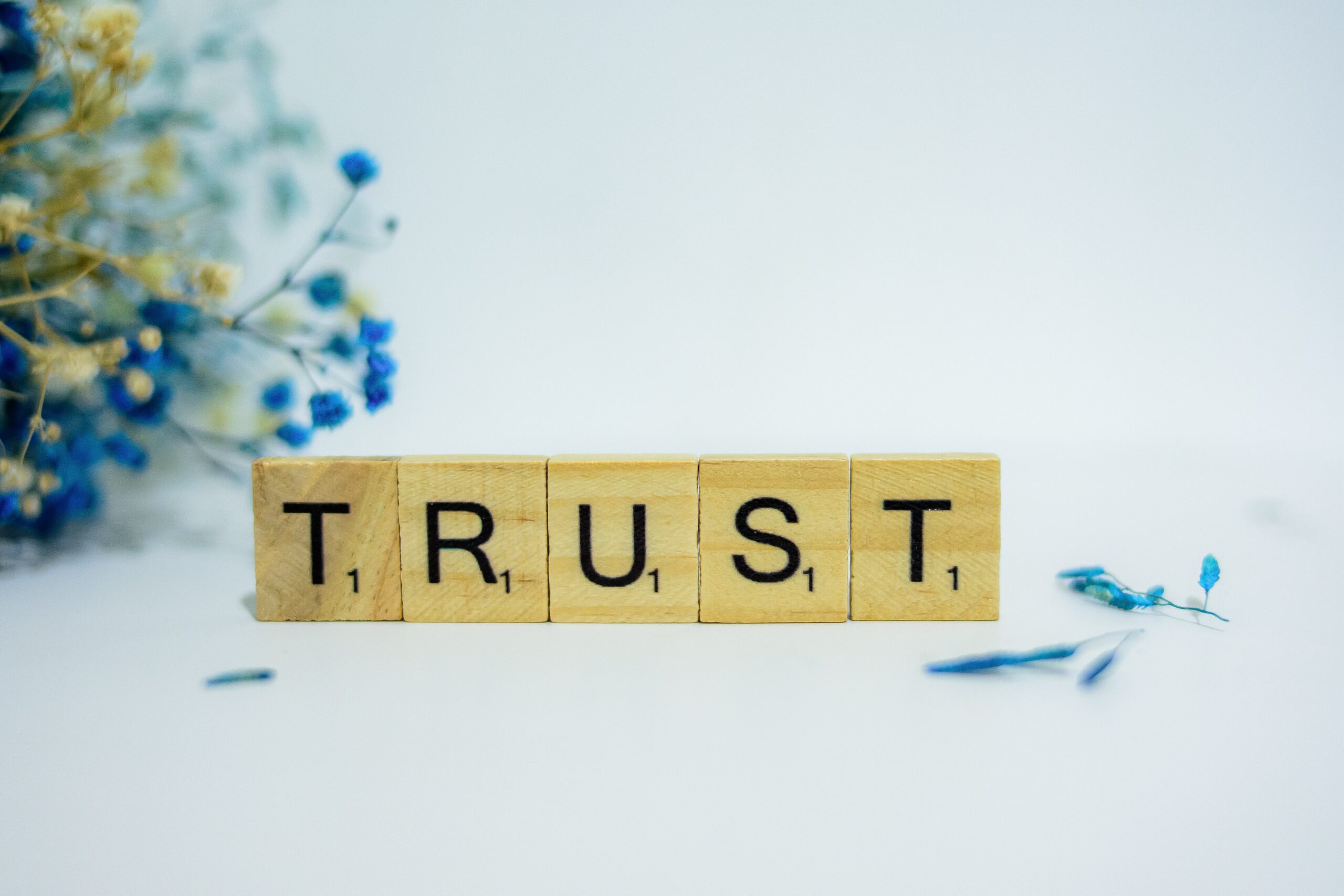DON’T STOP AT THE VIDEO … KEEP READING FOR TIPS.
Meet Marissa. Marissa is a thinker. She is the type of person who understands the value of good, solid preparation. For example, Marissa shuts her office door and doesn’t leave work until her to-do list for the next day is complete and ready to go. When she arrives the next morning, she reviews it to ensure she didn’t miss any tasks. Although some of her coworkers get frustrated waiting for her to return emails, answer questions, or make decisions, she takes the time she needs. If you asked those who work with Marissa what they appreciate about her, they would say her attention-to-detail prevents the team from taking shortcuts.
How can someone tell a person is an Analytical communicator?
Now, keep in mind – just as with Amiables (see last week’s blog), not all Analyticals are created the same, so be careful of stereotyping. If you think you know someone who is an Analytical communicator, use these tips to improve your interactions.
5 Ways to Communicate Better with Analyticals
- Back off! Don’t rush them to respond or decide. Build in enough lead time.
- Back it up. Have support (facts, statistics, proof) for what you say.
- Don’t stare. Relax the amount of eye contact you use.
- Stay tuned. Allow for sharing of detail and background.
- Nuts and bolts. Know the goal and be able to explain the why, how, who, and when.
 NOTE: I have only included a snippet of the assertiveness and responsiveness behaviors of an Analytical and what can be done to communicate better with a person of this style. To use this model effectively I recommend any of the following:
NOTE: I have only included a snippet of the assertiveness and responsiveness behaviors of an Analytical and what can be done to communicate better with a person of this style. To use this model effectively I recommend any of the following:
- purchase People Styles at Work and Beyond,
- visit Tracom Corp and read about Social Style, OR
- contact me to bring this to your organization.








Leave A Comment